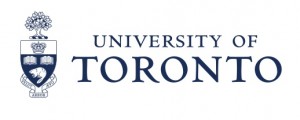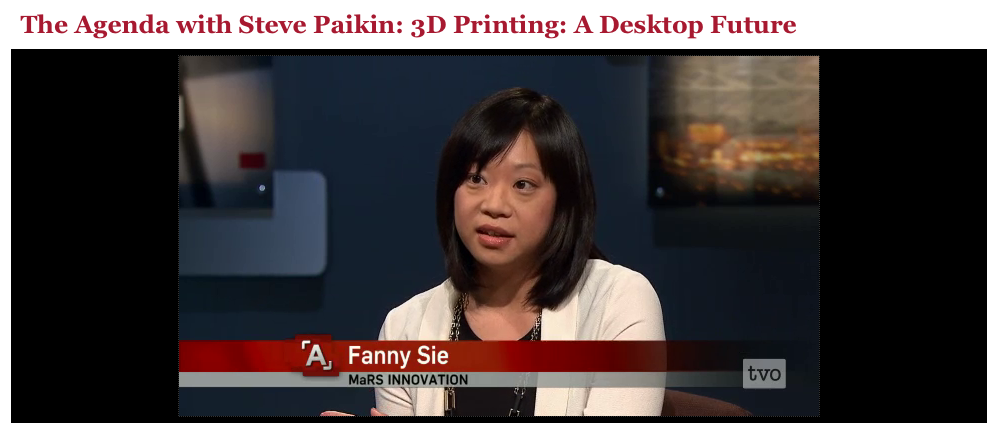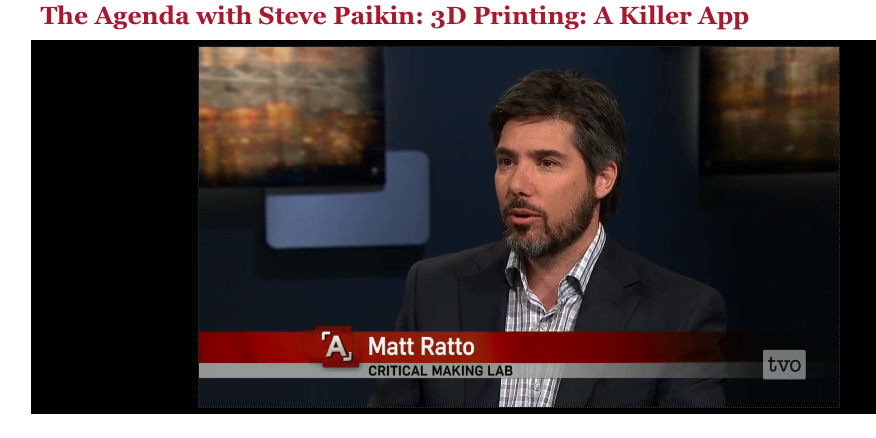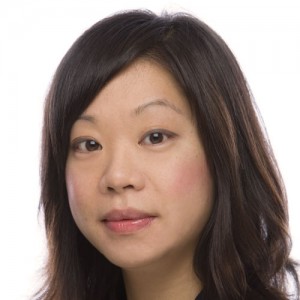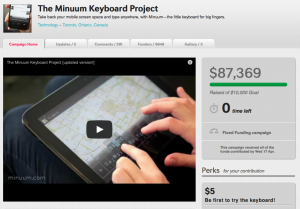Crowdmark to save teacher marking time and government dollars
Ed-tech start-up completes successful EQAO and Canadian Open Math Challenge pilots
 TORONTO, Canada (June 11, 2013) — Crowdmark Inc., a Canadian education technology start-up, is positioned to save cash-strapped Departments of Education millions by making massive-scale testing more efficient. Crowdmark has raised $600,000 in seed funding through the University of Toronto Early-Stage Technology (UTEST) program, MaRS Innovation and U of T’s Connaught Fund, among others.
TORONTO, Canada (June 11, 2013) — Crowdmark Inc., a Canadian education technology start-up, is positioned to save cash-strapped Departments of Education millions by making massive-scale testing more efficient. Crowdmark has raised $600,000 in seed funding through the University of Toronto Early-Stage Technology (UTEST) program, MaRS Innovation and U of T’s Connaught Fund, among others.
This story was covered by Yonge Street Media, TechVibes, EdSurge and PEHub.
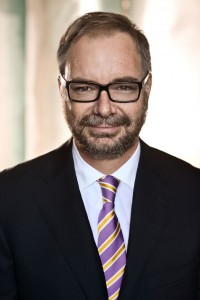
The Crowdmark assessment interface, informed by decades of teaching experience and research by company co-founders, James Colliander (Professor of Mathematics) and Martin Muñoz (Researcher and Developer), at the University of Toronto, streamlines the complicated and time-consuming grading workflow for teachers.
Crowdmark archives student work and all grading feedback into individual digital portfolios that students and parents may access any time online and via mobile devices.
Through two separate pilot projects, Crowdmark has achieved proof-of-concept as a novel and scalable solution to the problem of assessment blockage that eats into already limited resources in education systems worldwide.

